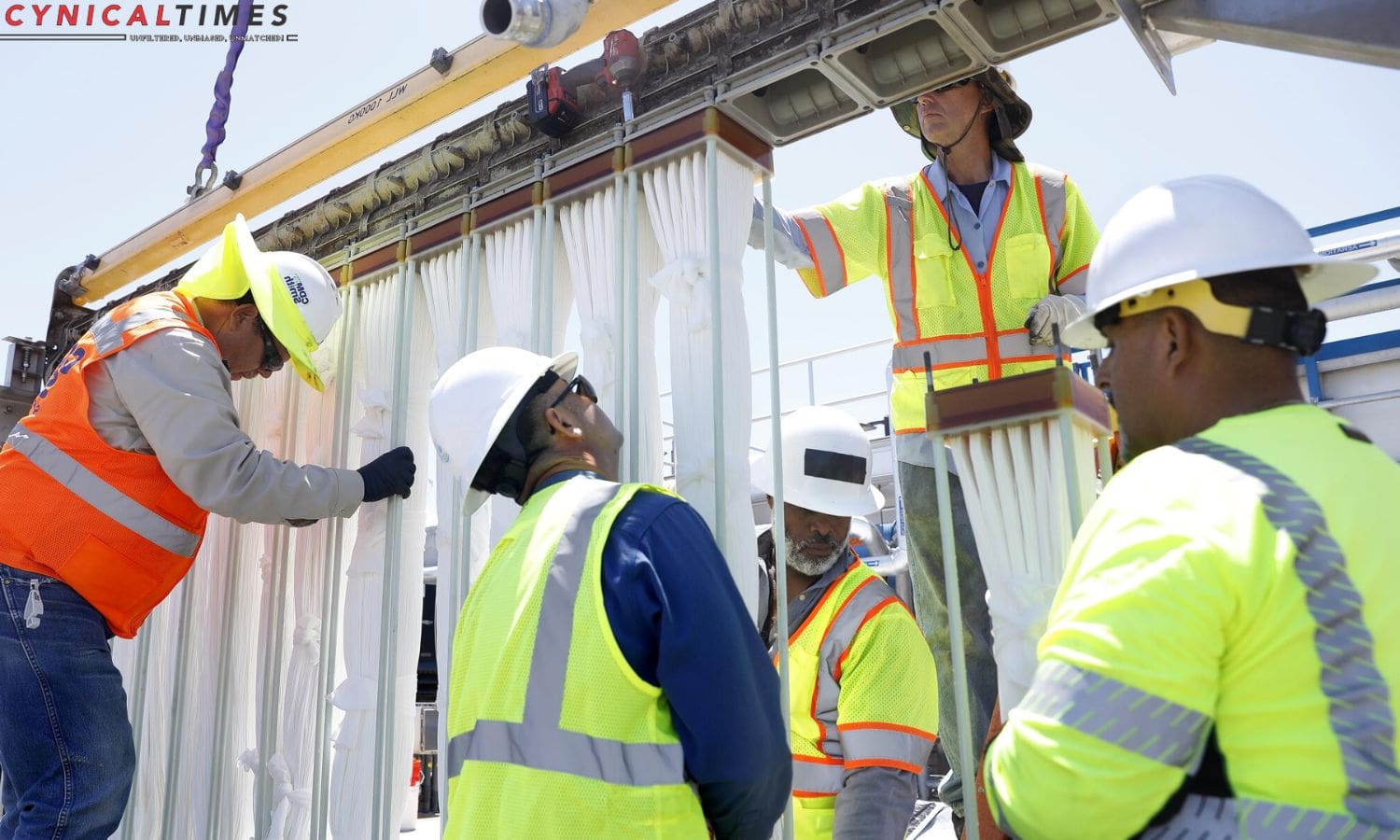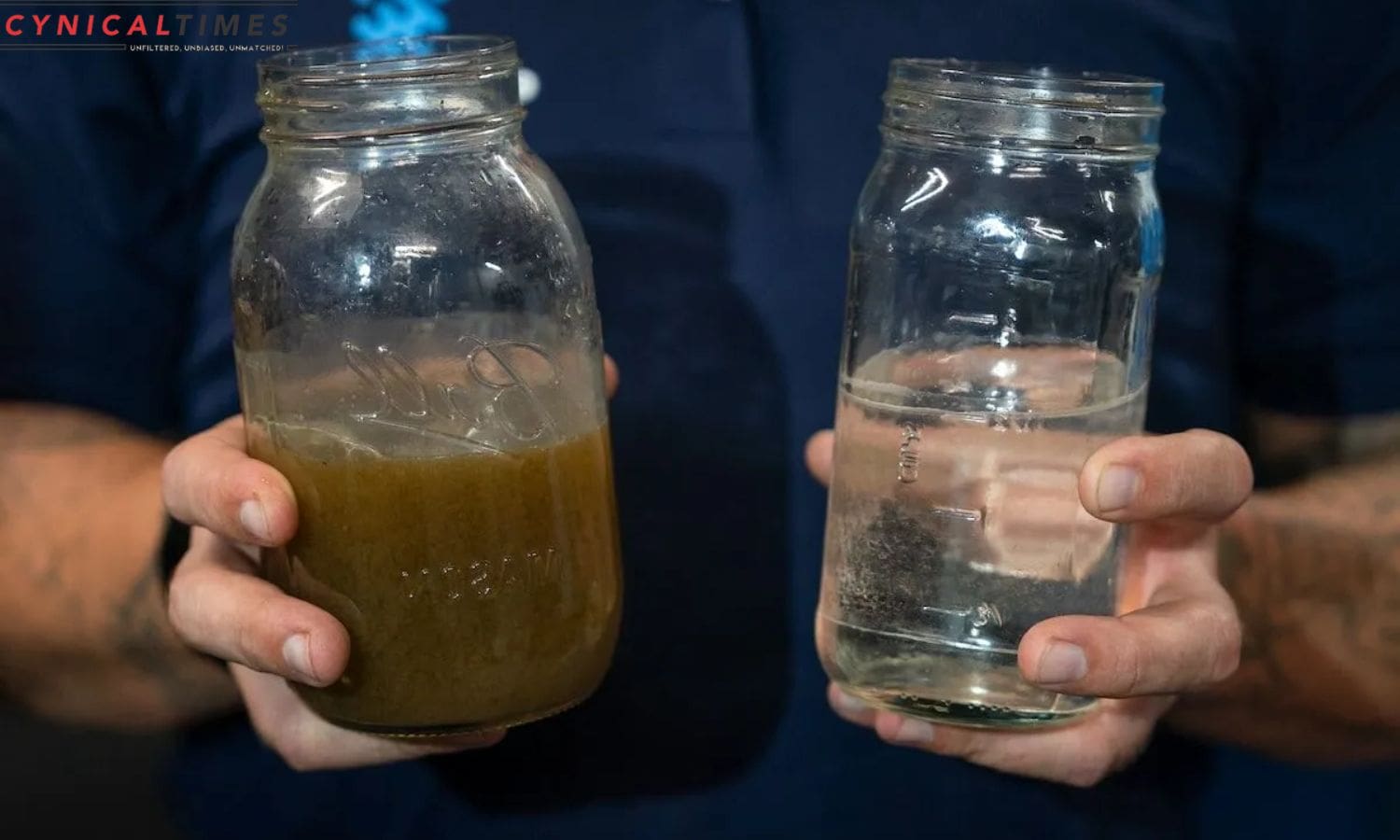California Greenlights Advanced Filtration: California regulators have paved the way for the widespread adoption of advanced filtration and treatment facilities designed to convert sewage waste into pure drinking water. These technologies, capable of recycling wastewater for human consumption, have gained greater acceptance as water-conscious California grapples with worsening drought cycles due to climate change. The State Water Resources Control Board’s newly adopted regulations represent a significant step forward in reclaiming hundreds of millions of gallons of waste discharge that flows out to sea each year.
The regulations provide a legal and regulatory framework for “direct potable reuse,” allowing the end-product of advanced purification to be fed straight into drinking water systems without first making a stop in some kind of environmental buffer. The foundation of this technology involves intense microfiltration, reverse osmosis, and disinfection by ultraviolet light and hydrogen peroxide. The new regulations mandate an additional ozone disinfectant process and biological carbon filtration, ensuring greater pathogen removal and stricter monitoring.


Also Read: California Aquatic Alchemy From Sewage to Sip, New Rules Redefine Water Sustainability
While some cases may route the water to a conventional drinking water treatment plant before reaching households, others could go directly to the tap. However, the high cost of these facilities, expected to be at least $1 billion, limits their implementation to large, well-funded water supply utilities. The Metropolitan Water District of Southern California plans to build a $6 billion facility in Carson, becoming the nation’s largest water-recycling project.
Orange County’s Groundwater Replenishment System, currently the largest, increased daily production to 130 million gallons, meeting the needs of 1 million people. Despite the significant progress, it is estimated to take at least five years before the first direct potable reuse plant is operational. Cities like Los Angeles, San Diego, and Santa Clara Valley Water District in the San Francisco Bay area are also planning to develop direct potable recycling. This environmentally friendly approach reduces waste dumped into rivers and oceans, presenting a sustainable solution amid drought conditions.

